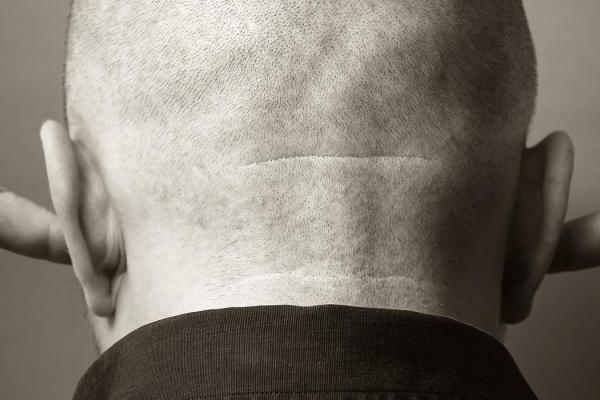Feb 11, 2016
Here is what Pope Francis said to the world in his Lenten message:
“Indifference to our neighbor and to God also represents a real temptation for us Christians. Each year during Lent we need to hear once more the voice of the prophets who cry out and trouble our conscience.”
Instead of giving up chocolate or alcohol for Lent, the pope seems to want us to give up our indifference to others.
Read the Full Article

Already a subscriber? Login
